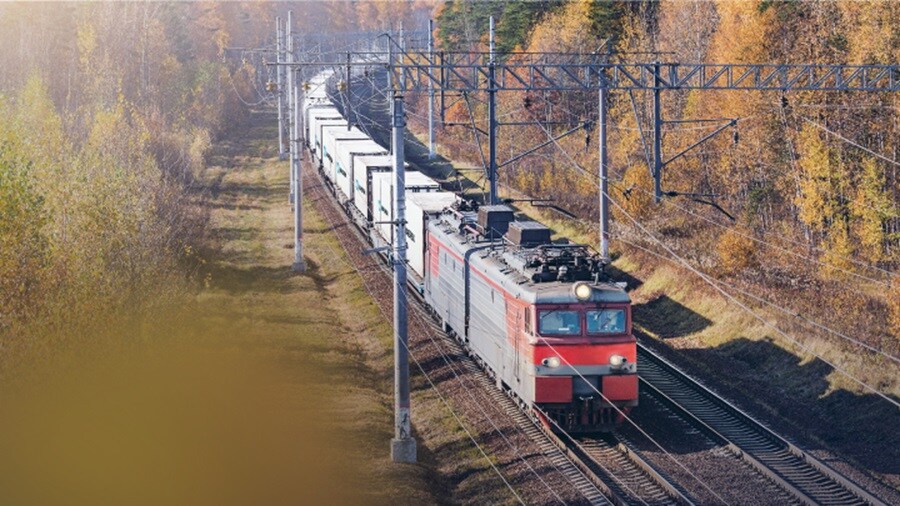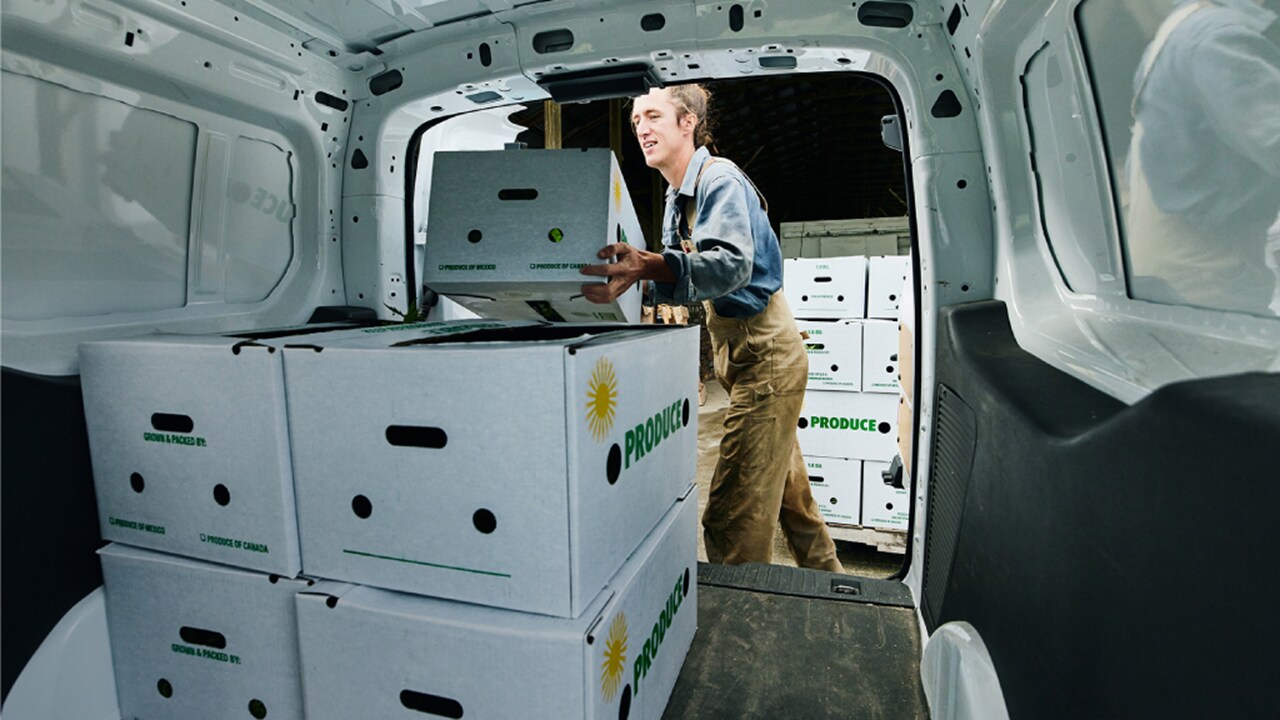If there’s one thing we know for sure, the challenges perishable exporters face are never the same from one season to the next.
In the Americas, there can be severe weather conditions. Labour issues, significant cost increases and port congestion are just some challenges that impact cold chains. How these challenges get addressed can be the difference between delivering a perishable product at peak quality to optimise returns or a product that’s beginning to spoil.
Consistently achieving predictable cold chain performance requires looking at ever-changing market and infrastructure challenges with fresh eyes and taking a wholistic end-to-end view.
At Maersk, we’ve found the following approach successful. Using innovative thinking and problem solving to address each piece of the cold chain puzzle has proven key to enhancing cold chain certainty all the way from the farm to the end user.
We’ve designed an agile Americas service network that employs a hub-and-spoke design with strategic service loops that provide alternative gateway connections. This addresses disruptions with alternative service options and niche port calls to counteract challenging conditions, such as port congestion. This also reduces cold chain inefficiencies and ensures that grapes, blueberries, salmon, and other cold chain cargo arrive in the best condition possible.
Additionally, providing greater cold chain predictability enables exporters to effectively schedule their shipments and manage costs to maintain good profit margins.

Innovative farm to table solutions to boost cargo velocity
On the landside, dedicated customer depots in Peru are an essential logistics solution for building velocity and agility in the movement of produce from farming areas far from the port. A depot serves as a staging area for empty reefer containers and chassis and for packing containers when produce arrives from a farm. Additionally, it allows for effectively scheduling truck capacity at the depot to expedite transporting perishables to port locations.
Another innovation is our reefer train in Chile, which boosts connectivity between the key agricultural areas of Chile and the Port of Valparaiso. The train is a faster choice since disruptions on the road are possible, and it handles in volume the equivalent of up to 31 trucks. Transporting by train further reduces associated GHG emissions compared to conventional trucking. This innovative solution optimises the flow of exports to the port, reduces time on the road, and provides an alternative choice for shippers.
U.S. niche and specialised ports
Specialized Reefer cargo ports, such as The Port of Philadelphia and Port Hueneme, a deep-water port in California, are key refrigerated cargo gateways for our Latin American export customers. They offer access to a comprehensive, efficient cold chain infrastructure and close proximity to consumers throughout the U.S.
The Port of Philadelphia has been a critical Maersk partner in coordinating an innovative end-to-end reefer solution for Chilean grapes. It involves a complete integrated end-to-end container journey that is seamless. This starts from the point when the grapes get packed at origin to the final destination, including inland trucking from the farm to the terminal; ocean transport with RCM (remote container management) visibility; terminal handling at the Port of Philadelphia, and temperature management with priority fumigation processing.
This wholistic container logistics program helps reduce the quality of the grapes and reduces port and terminal costs due to expediting the movement of reefer containers through the terminal.

We see moving forward with the Maersk integrated (cold chain) service as a tool that can help us give our customers peace of mind in these uncertain shipping and logistics times. For our business, compliance with commercial programs in a timely manner is synonymous with trust, security, and long-term growth
Specialised reefer services, such as on-site inspections and cold treatment facilities, help ensure produce isn’t rejected on arrival, and USDA inspections of fruits, such as blueberries and grapes, provide better speed to market. While the Port of Hueneme is a robust gateway for exports from Latin America, it also handles citrus fruit from California, a Chile import.
In October of this year, a new cold storage facility in Houston will be launched to further develop the infrastructure for perishables in the U.S. Gulf. This state-of-the-art facility will have a 90 foot-deep-dock, on-site USDA import and export inspection services, packing, fumigation, cross docking and many other vital cold chain services.
无论您需要什么,我们都可以随时为您提供帮助
I agree to receive logistics related news and marketing updates by email, phone, messaging services (e.g. WhatsApp) and other digital platforms, including but not limited to social media (e.g., LinkedIn) from A. P. Moller-Maersk and its affiliated companies (see latest company overview). I understand that I can opt out of such Maersk communications at any time by clicking the unsubscribe link. To see how we use your personal data, please read our Privacy Notification.
By completing this form, you confirm that you agree to the use of your personal data by Maersk as described in our Privacy Notification.
